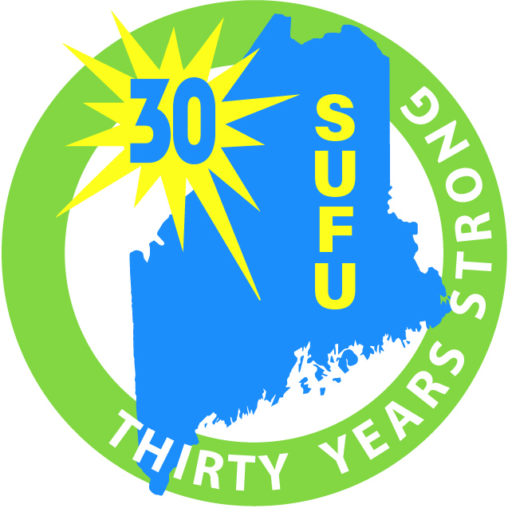Today we welcome Tucker Conley to the blog and his review of Crip Camp. Many of our chapters have been watching Crip Camp together and discussing at their meetings.
“Crip Camp”
There’s no better documentary that better exemplifies the human experience, of both success and struggle than Netflix’s period piece entitled “Crip Camp”. Much of the 2020 film centers along the backdrop of Camp Jened, which was a camp that was created in 1951 in the heart of New York in the Catskill Mountains. The camp existed as a safe harbor for people with disabilities until its eventual closure in 1977, and was a spark plug that inspired its campers to protest for disability rights. As a result of their perseverance and actions, the Disability Act of 1990 was established.
As I watched the film, there were many different similarities between then and today’s society. One of the major themes of the documentary was accessibility and how difficult it was in the midst of the Civil RIghts Movement era , where it was almost impossible to function and get around for the most basic transportation needs. While in 2020, accessibility has improved, but there is till struggles that happen in the modern world.
One could logically conclude that the Black Lives Matter protests that are currently going on in the United States today is a direct reminder of how many people with disabilities were feeling in the civil rights era: that their voices were being ignored and not listened to. Many similar examples of the Black Lives Matters protests, such as shutting down highways and streets, are rooted deep in our history. This is displayed perfectly in the Crip Camp documentary, when 50 activists blocked a road in front of Nixon Headquarters to show their displeasure of the Rehabilitation Act of 1972 not fully being enacted.
In the documentary, we are shown images and photos of people with disabilities being treated unfairly in an institution named Willowbrooks, which is scarily similar to the mistreatment of people with disabilities in an institution named “Pineland” which existed in Maine. The injustices and mistreatment that many people with disabilities felt in Willowbrooks and Pineland, is very similar to how African Americans felt about the death of George Floyd and others, at the hands of police brutality. As people, we must do better. We can do better. Building a better and more successful community in the future is up to us.
– Tucker
If you are self advocate and would like to share a blog post with us please email Laurie Coldwell at lcoldwell@sufumaine.org
The Speaking Up For Us (SUFU) blog contains views and opinions of each individual writer. The views and opinions expressed through these channels are purely the bloggers’ own and does not reflect the opinion of SUFU as an organization or any SUFU staff member.

